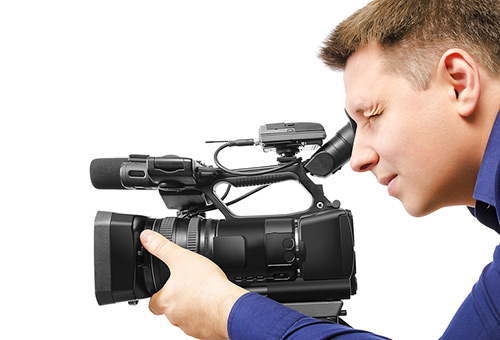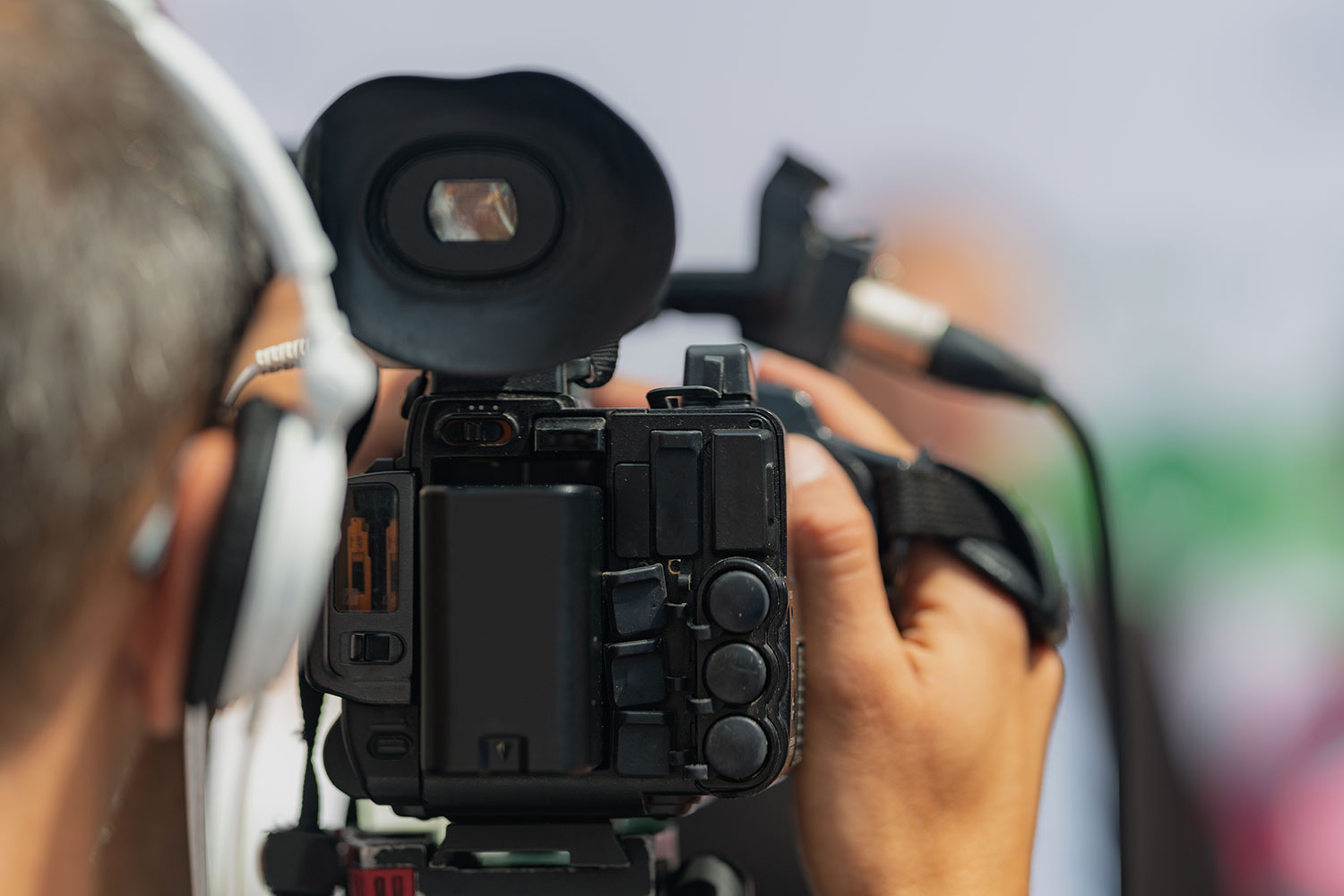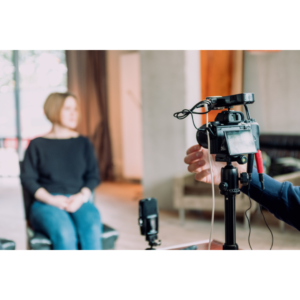Affordable Legal Videography Solutions for Law Firms.
Affordable Legal Videography Solutions for Law Firms.
Blog Article
The Duty of Legal Videography in Depositions and Trials
Legal videography has emerged as an important tool in both depositions and tests, giving a complex strategy to recording witness testaments. As lawful experts progressively recognize its value, it triggers a deeper evaluation of exactly how these visual records can influence juror perceptions and test end results.
Importance of Legal Videography
Lawful videography plays an essential role in the documentation and presentation of depositions and tests. This specific field incorporates technical skills with legal knowledge to develop a trusted record of proceedings that can dramatically affect case end results. The appearance of legal videography boosts the understanding of witness statement, allowing jurors and courts to observe not only the talked words however additionally the temperament, feelings, and body language of the witnesses.

The value of legal videography extends past the court; it also plays an essential duty in preserving evidence for future reference, whether for appeals or further legal action. Its assimilation into the lawful process is crucial for making sure a fair and accurate depiction of the realities, eventually contributing to the pursuit of justice.

Process of Legal Videography
While capturing the subtleties of depositions and trials, the process of legal videography entails numerous crucial steps that make certain top quality, precise recordings. Originally, a specialist lawful videographer prepares by reviewing the situation products and recognizing the details requirements of the deposition or trial. This prep work consists of acquainting themselves with the participants and the context, which assists in capturing essential details.
On the day of the recording, the videographer sets up the required devices, which usually consists of high-definition cams, microphones, and correct lights. Making sure optimum angles and audio high quality is vital, as it straight affects the effectiveness of the recording. The videographer communicates with attorneys and individuals to develop procedures, making sure that everybody understands the recording process.
Throughout the deposition or test, the videographer thoroughly tapes the procedures, paying very close attention to both verbal and non-verbal signs. legal videography. This consists of catching the disposition and reactions of witnesses and lawyers. After the session ends, the videographer may edit the video for clearness and compliance with lawful requirements, producing a final item that accurately reflects the process for future recommendation and usage in lawful contexts
Benefits in Depositions
The unification of videography in depositions uses various benefits that improve the overall procedure of gathering proof. One main advantage is the capability to capture witness testaments with visual and acoustic fidelity, giving a much more exact representation of the witness's demeanor, tone, and body movement. This multidimensional method permits attorneys and courts to assess credibility more check out here properly than typical written records alone.
Furthermore, videographed depositions serve as a powerful device for protecting testament. Should a witness ended up being unavailable for trial, their videotaped deposition can be played in court, guaranteeing that their proof continues to be accessible and appropriate. This aspect significantly lowers the danger of shedding essential info that can impact situation end results.
Furthermore, the use of lawful videography advertises much better prep work for lawyers. Reviewing video clip footage enables lawful groups to assess click reference and refine their techniques, determining toughness and weak points in their instances. This preparatory advantage can result in more compelling discussions in court.
Last but not least, videography boosts the total professionalism and reliability of the deposition process, instilling confidence in clients relating to the thoroughness of their legal depiction. By leveraging innovation, attorneys can considerably enhance the effectiveness of depositions.
Influence On Tests
In several tests, the assimilation of videography can dramatically affect the discussion of proof and the court's understanding. Legal videography captures witness testimonies and crucial evidence in a vibrant layout, permitting jurors to involve with the product on several levels. This aesthetic part boosts the narration element of a trial, providing context and psychological vibration that conventional text-based proof might do not have.
Moreover, video recordings can work as effective devices for impeachment during cross-examination. When discrepancies arise in between a witness's previous statements and their courtroom testament, video clip evidence gives an unbiased recommendation that can sway jurors' opinions. This immediacy and quality can boost the trustworthiness of a party's story while all at once weakening opposing disagreements.
Additionally, the usage of videography can assist streamline intricate information, making it more easily accessible to jurors who might have a hard time to grasp detailed information presented only via verbal testament. By integrating visuals with auditory details, lawful videography can improve retention and understanding, ultimately influencing the jury's decision-making procedure. The influence of videography in tests expands beyond simple visual appeals; it plays a critical role in forming the lawful landscape and results.
Future Trends in Legal Videography
As we look towards the future of legal videography, numerous arising trends guarantee to improve its function within the court room. One significant pattern is the assimilation of artificial intelligence (AI) in video clip analysis and modifying - legal videography. AI can simplify the process of determining crucial minutes in recorded depositions, allowing lawyers to promptly access relevant material, therefore improving effectiveness in instance preparation
Furthermore, the rise of virtual reality (VR) and increased fact (AR) modern technologies is expected to transform how jurors experience evidence. By immersing jurors in a simulated environment, these technologies can offer a much more profound understanding of complicated situations, resulting in more educated deliberations.

Additionally, the boosting need for remote depositions, sped up by the COVID-19 pandemic, will likely proceed. Legal videographers will need to adjust to brand-new software program and systems to guarantee premium recordings in online settings.
Lastly, the expanding focus on data safety and security will demand more stringent procedures for keeping and imp source sharing video proof. As the lawful landscape develops, legal videographers should remain abreast of these fads to preserve their relevance and effectiveness in the judicial procedure.

Verdict
In summary, legal videography offers a crucial function in the judicial process, improving the honesty of depositions and tests. As technology continues to develop, legal videography is positioned to more change its duty within the lawful landscape.
Report this page